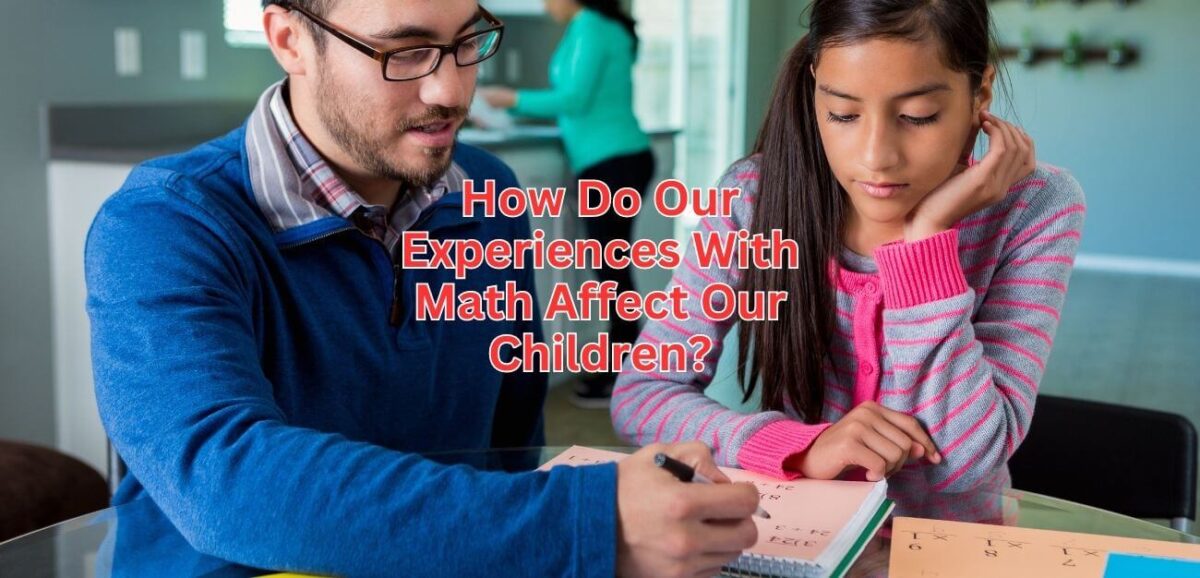It’s no secret that math is a cornerstone of modern society, but how does our experience with math affect our children? Children learn from their parents and other adults, so it stands to reason that how we relate to math can shape how our children understand and approach the subject. In today’s post, we’ll explore […]








